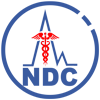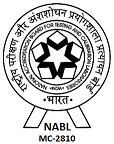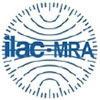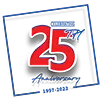Menu
Pulmonology
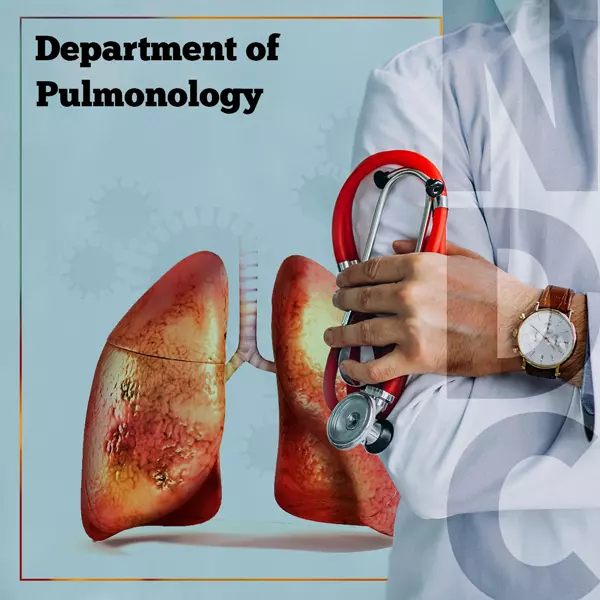
The Pulmonology Department at North City Diagnostic Centre focuses on the diagnosis of disorders of the respiratory system which includes the lungs, upper airways, thoracic cavity and chest wall.
Pulmonary Function Test (PFT)
Pulmonary Function Tests (PFTs) are a group of tests that measure how well your lungs work. This includes how well you’re able to breathe and how effective your lungs are able to bring oxygen to the rest of your body.
Your doctor may order these tests:
- if you’re having symptoms of lung problems
- if you’re regularly exposed to certain substances in the environment or workplace
- to monitor the course of chronic lung disease, such as asthma or chronic obstructive pulmonary disease (COPD)
- to assess how well your lungs are working before you have surgery
PFTs are also known as lung function tests.
Your doctor will order these tests to determine how your lungs are working. If you already have a condition that’s affecting your lungs, your doctor may order this test to see if the condition is progressing or how it’s responding to treatment.
PFTs can help diagnose:
- Asthma
- Allergies
- Chronic bronchitis
- Respiratory infections
- Lung fibrosis
- Bronchiectasis, a condition in which the airways in the lungs stretch and widen
- COPD, which used to be called emphysema
- Asbestosis, a condition caused by exposure to asbestos
- Sarcoidosis, an inflammation of your lungs, liver, lymph nodes, eyes, skin, or other tissues
- Scleroderma, a disease that affects your connective tissue
- Pulmonary tumor
- Lung cancer
- Weaknesses of the chest wall muscles
If you’re on medications that open your airways, such as those used for asthma or chronic bronchitis, your doctor may ask you to stop taking them before the test. If it isn’t clear whether or not you should take your medication, make sure to ask your doctor. Pain medications may also affect the results of the test. You should tell your doctor about any over-the-counter and prescription pain medications you’re taking.
It’s important that you don’t eat a large meal before testing. A full stomach can prevent your lungs from inhaling fully. You should also avoid food and drinks that contain caffeine, such as chocolate, coffee, and tea, before your test. Caffeine can cause your airways to be more open which could affect the results of your test. You should also avoid smoking at least an hour before the test, as well as strenuous exercise before the test.
Be sure to wear loose-fitting clothing to the test. Tighter clothing may restrict your breathing. You should also avoid wearing jewelry that might affect your breathing. If you wear dentures, wear them to the test to ensure that your mouth can fit tightly around the mouthpiece used for the test.
Your PFTs will include spirometry, which measures the amount of air you breathe in and out. For this test, you’ll sit in front of a machine and be fitted with a mouthpiece. It’s important that the mouthpiece fits snugly so that all the air you breathe goes into the machine. You’ll also wear a nose clip to keep you from breathing air out through your nose. The respiratory technologist will explain how to breathe for the test.
You may then breathe normally. Your doctor will ask you to breathe in and out as deeply or as quickly as you can for several seconds. They may also ask you to breathe in a medication that opens your airways. You’ll then breathe into the machine again to see if the medication affected your lung function.
- You’ve recently had abdominal surgery
- You have a severe respiratory infection
- You have unstable heart disease
PFTs are usually safe for most people. However, because the test may require you to breathe in and out quickly, you may feel dizzy and there’s a risk that you may faint. If you feel lightheaded, tell your doctor. If you have asthma, the test may cause you to have an asthma attack. In very rare cases, PFTs may cause a collapsed lung.
Chest CT
A chest CT (computed tomography) scan is an imaging method that uses x-rays to create cross-sectional pictures of the chest and upper abdomen.
The test is done in the following way:
- You’ll likely be asked to change into a hospital gown.
- You lie on a narrow table that slides into the center of the scanner. Once you are inside the scanner, the machine’s x-ray beam rotates around you.
- You must be still during the exam, because movement causes blurred images. You may be told to hold your breath for short period of time.
The complete scan takes 30 seconds to a few minutes.
Certain CT scans require a special dye, called contrast, to be delivered into the body before the test starts. Contrast highlights specific areas inside the body and creates a clearer image. If your provider requests a CT scan with intravenous contrast, you will be given it through a vein (IV) in your arm or hand. A blood test to measure your kidney function may be done before the test. This test is to make sure your kidneys are healthy enough to filter the contrast.
You may be given medicine to help you relax during the test.
A CT scan of the chest may be done to check the chest and its organs for:
- Blockages
- Injuries
- Intrathoracic bleeding
- Infections
- Other health problems
- Tumors and other lesions
- Unexplained chest pain
Among symptomatic adult patients, chest CT has a sensitivity for diagnosis of COVID-19 in excess of 90% but the specificity is lower
Chest CT may have a role in the diagnosis of COVID-19 in a limited number of hospitalised patients, particularly where initial PCR testing has been inconclusive, or an alternative diagnosis is being considered.
Where chest CT is used, bilateral changes with ground glass opacity with or without consolidation and interlobular septal thickening were the most common abnormalities among patients with COVID-19.
